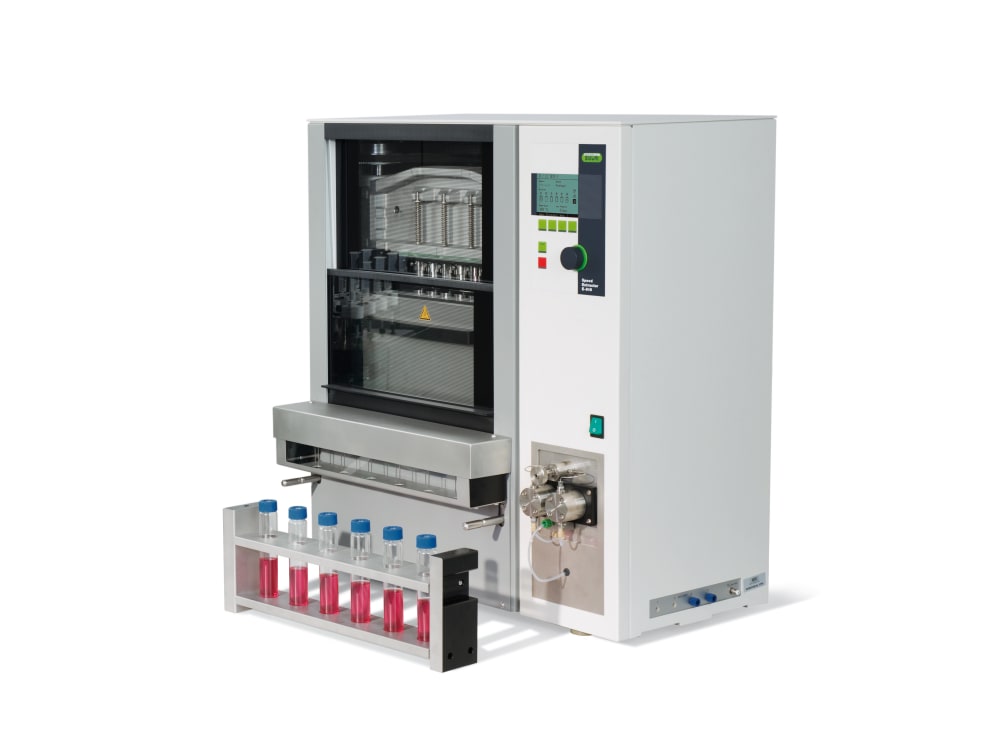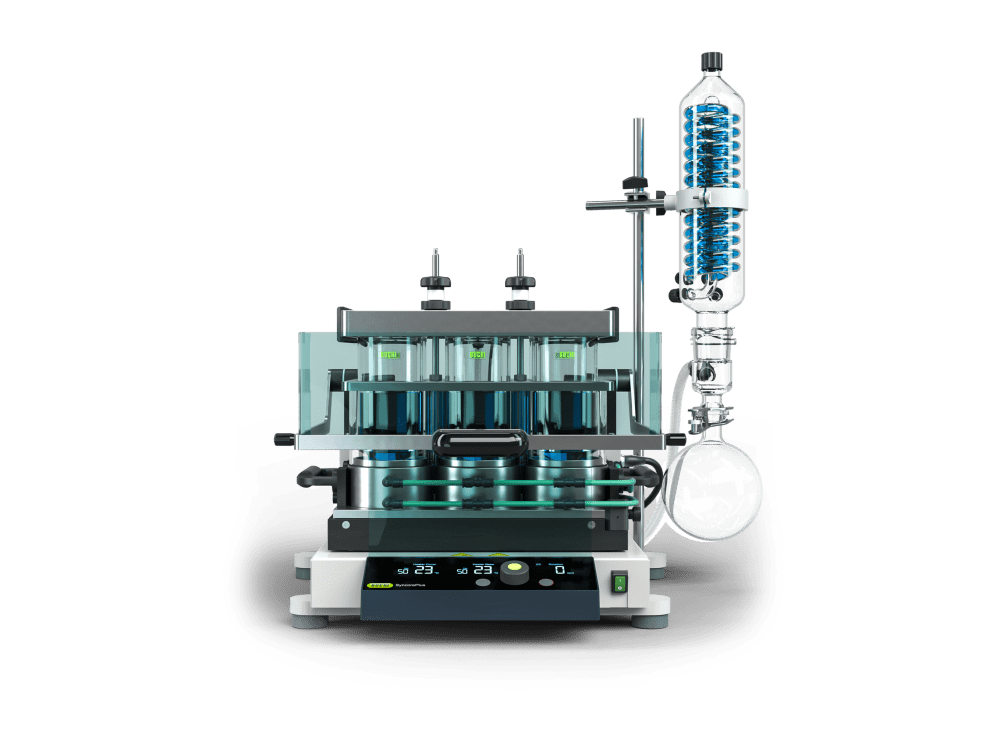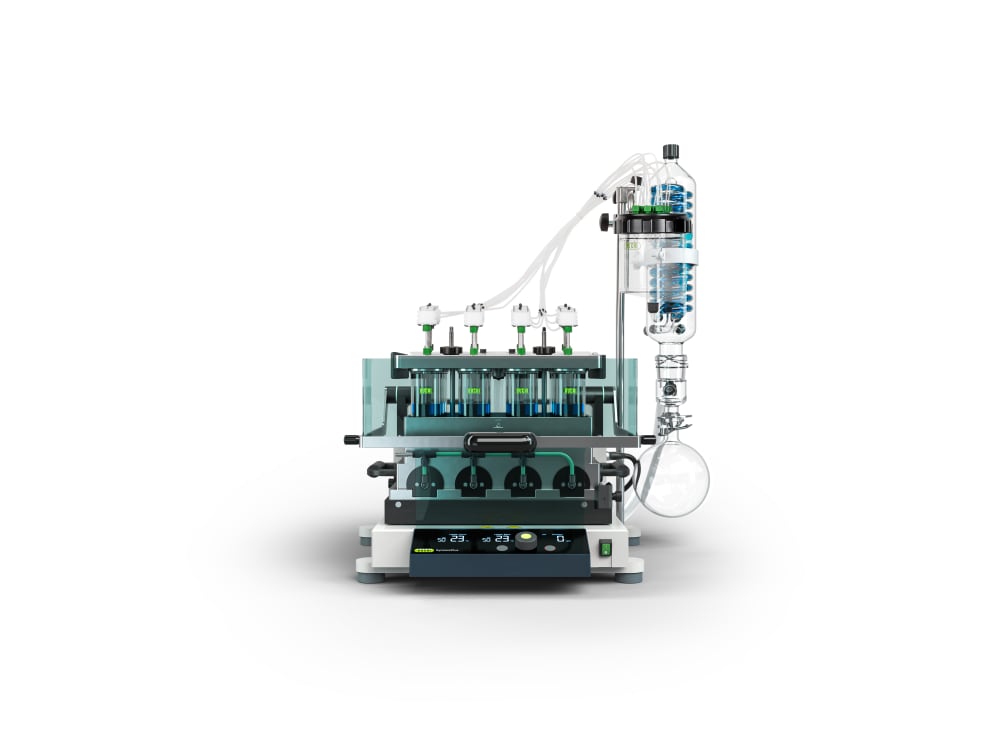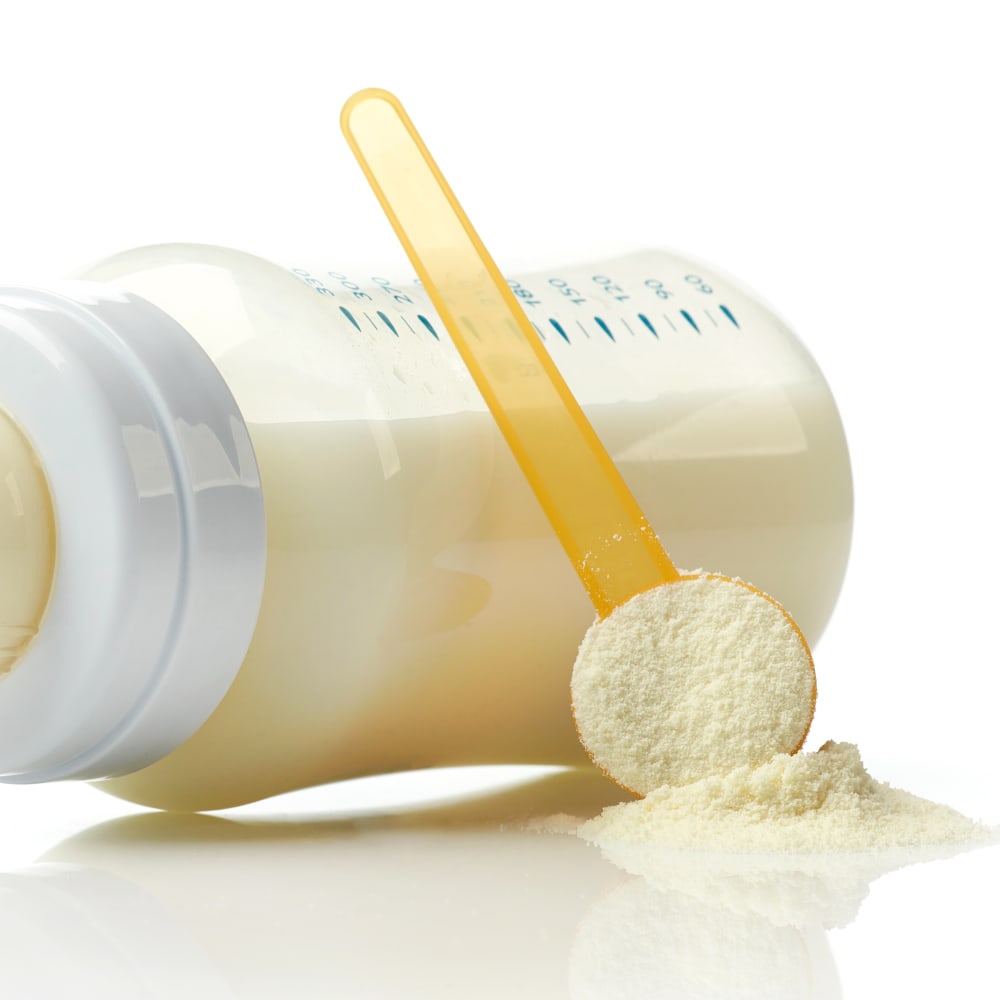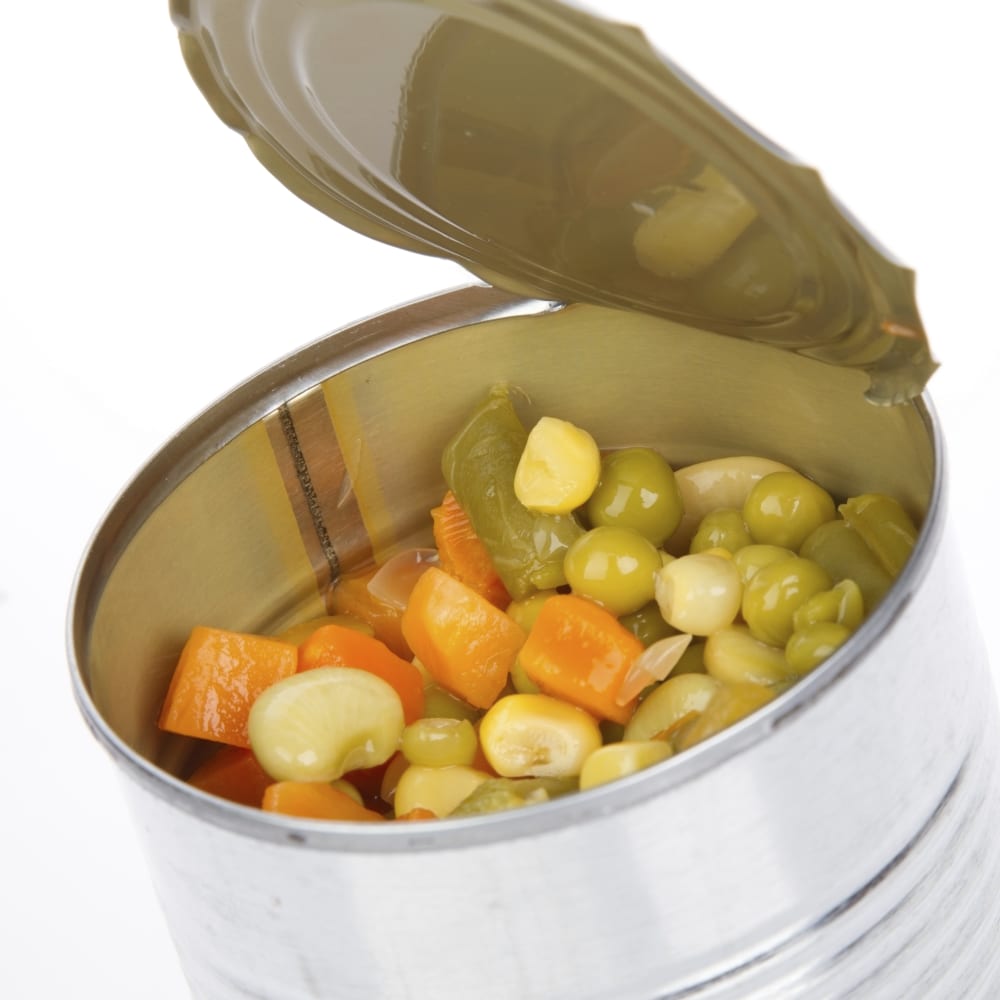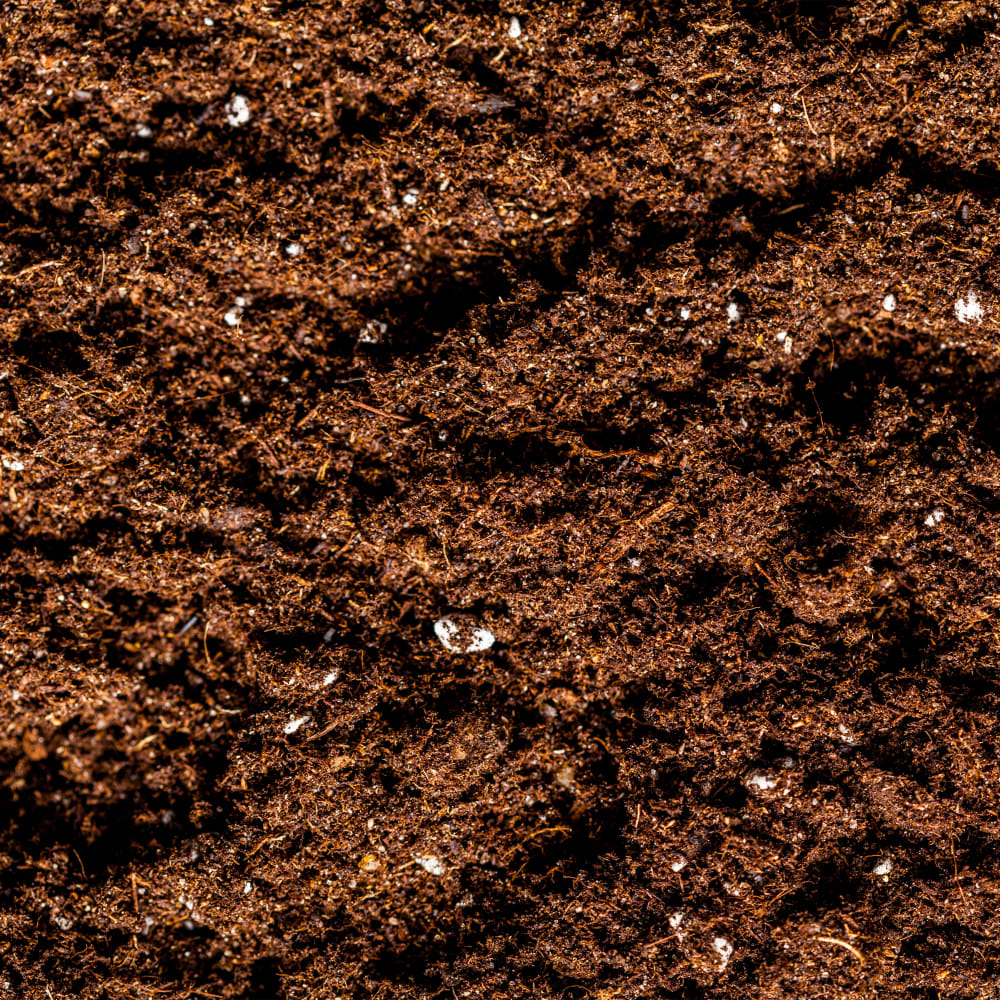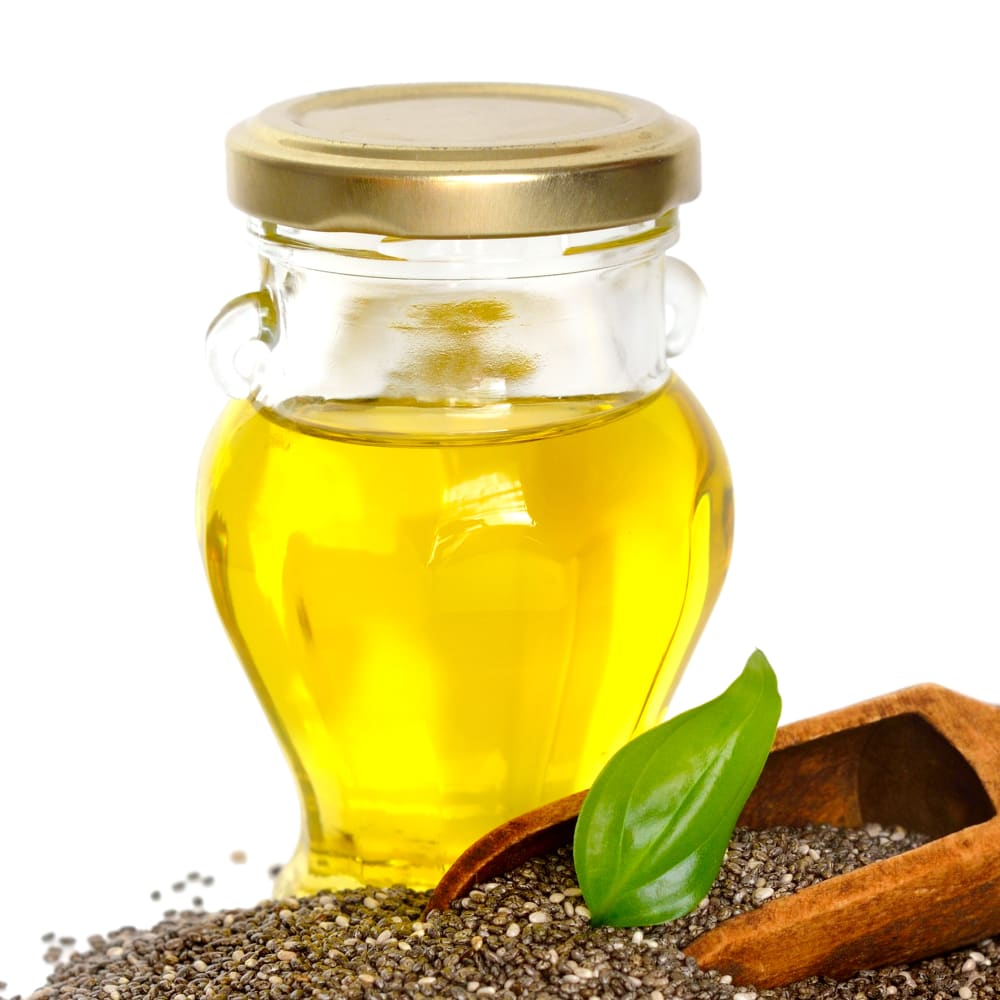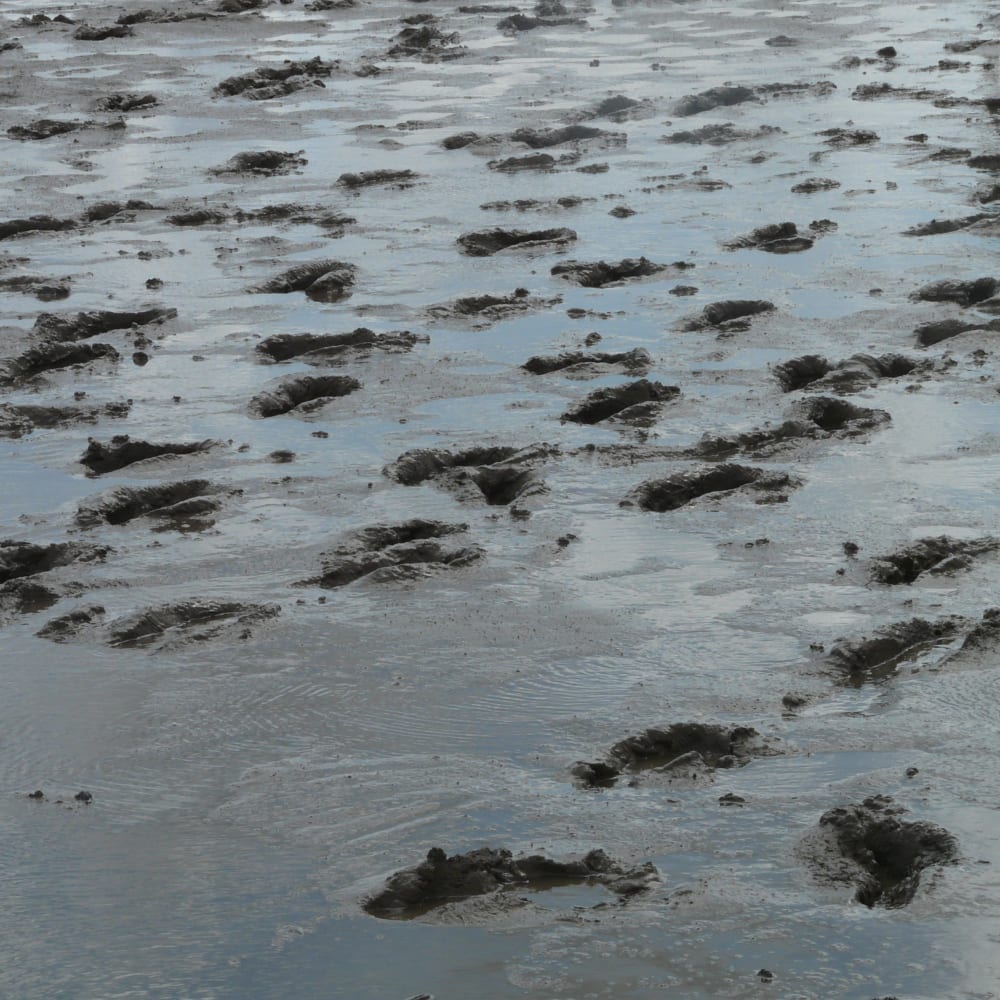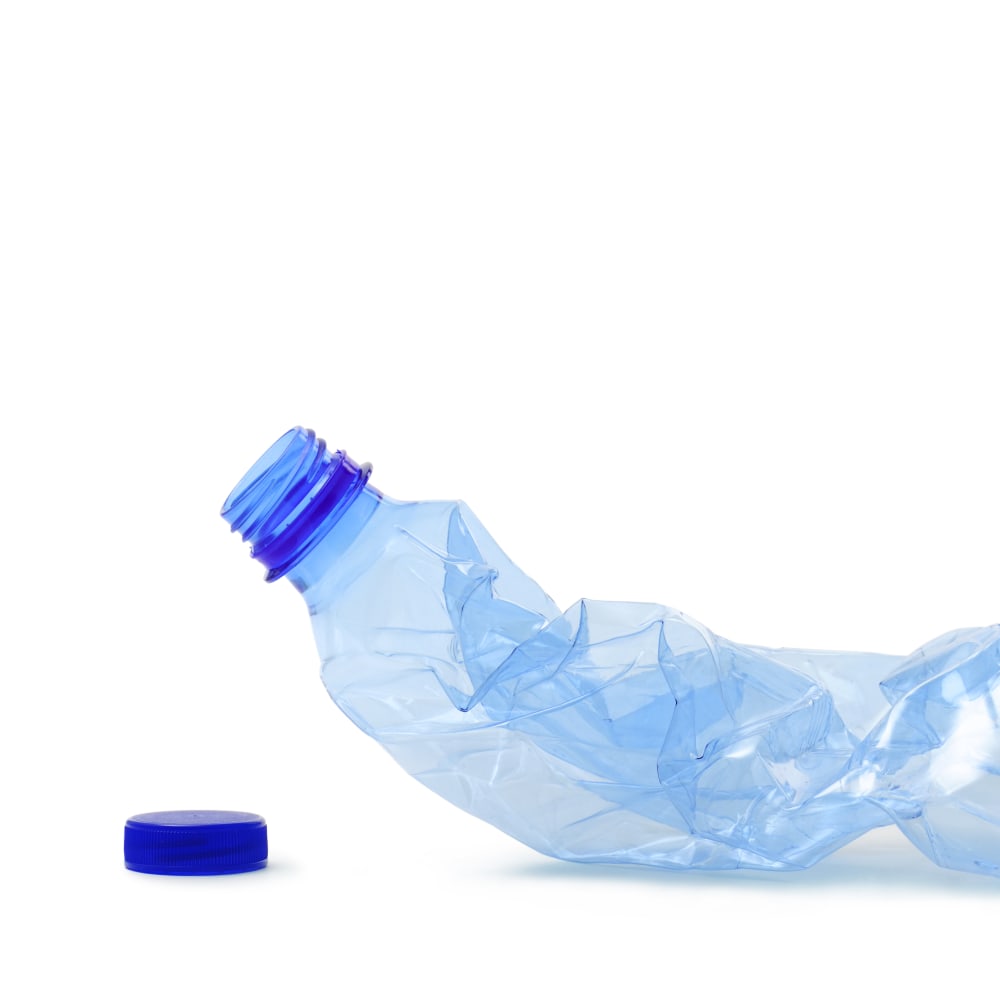Polycyclic aromatic hydrocarbons in sludge samples
Lyovapor™ L-210 Pro, SpeedExtractor E-916, Syncore Analyst: Pressurized Solvent Extraction of a sludge sample for the determination of polycyclic aromatic hydrocarbons (PAHs)
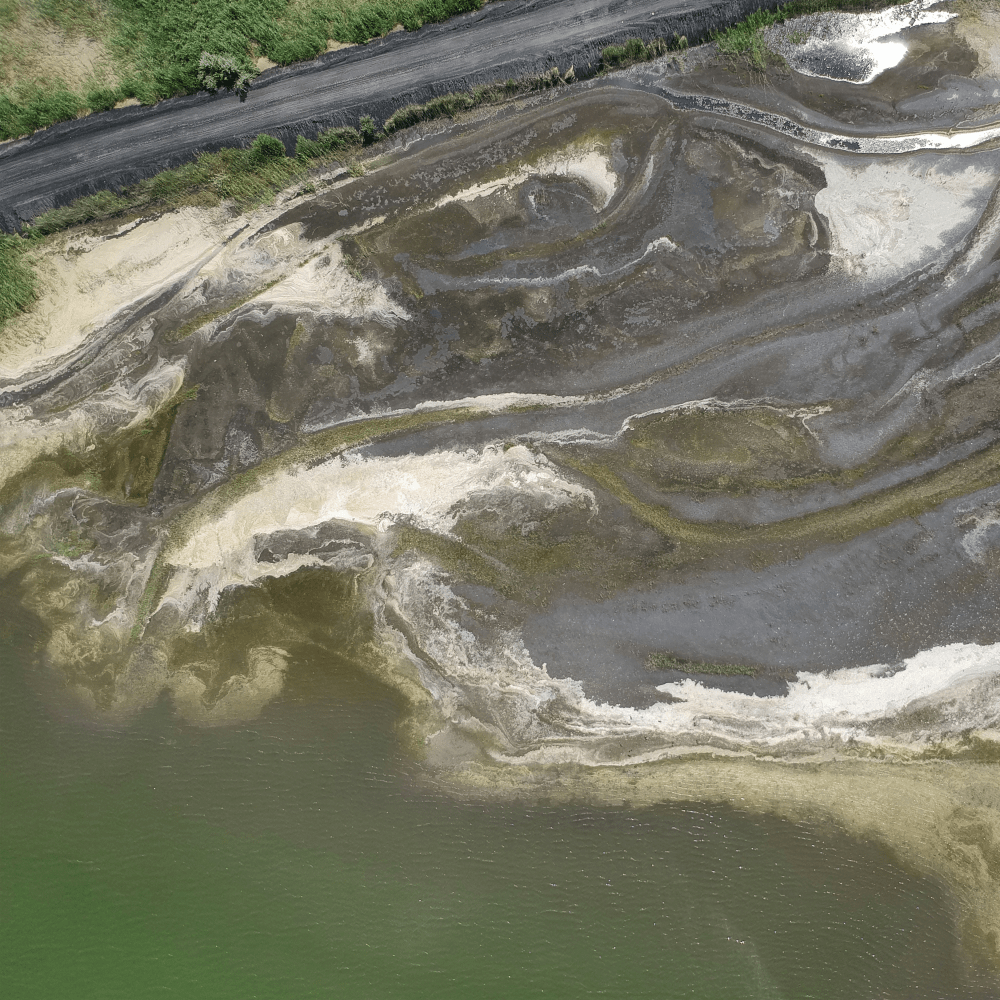
Polycyclic aromatic hydrocarbons (PAHs) are organic compounds of hydrogen and carbon, composed of numerous aromatic rings. There are more than 150 such compounds containing two or more benzene rings, such as naphthalene (NAP) and anthracene (ANT). PAHs are nonpolar and lipophilic and primarily found in natural sources such as creosote. They are also produced through the incomplete combustion of organic matter. Nowadays, the main sources of PAH pollution, are caused by human activity and vary across the globe. Most PAHs enter the environment via the atmosphere through processes of combustion and pyrolysis. PAHs have been detected in a variety of foods due to the deposition of airborne PAHs, as well as in fish from contaminated waters. PAHs are also formed during certain methods of food preparation such as charbroiling, grilling, roasting and frying. The respiratory tract and the skin are the two organs most affected by PAHs in the human body. Common symptoms include solar dermatitis, acne dermatitis and epifolliculitis.
Many countries and regions have regulations to prohibit and detect the compounds of PAHs.
In 1982, the American Environmental Protection Agency (EPA) introduced 16 representative PAHs as priority compounds for the monitoring of pollutants.
In 2016, the Ministry of Ecology and Environment of the People’s Republic of China published a new series of decrees and regulations regarding PAHs in environmental areas such as soil, sediment, sludge and air. The regulations clearly list the detection methods and value limits for PAH compounds in different applications. In the regulations HJ 783-2016 and HJ 805-2016, they recommend the extraction of a solid sample using the Pressurized Fluid Extraction method (PFE, also known as Pressurized Solvent Extraction PSE) of lyophilized samples prior to analysis by GC-MS.
ダウンロード登録
関連製品
同様のアプリケーション
Determination of oil contents in seed samples
SpeedExtractor E-916, Multivapor, Hydrolysis Unit E-416, Extraction Unit E-816 SOX: Comparison of different extraction methods: Pressurized Solvent Extraction (PSE) using SpeedExtractor E-916 versus Weibull Stoldt method using Hydrolysis Unit E-416 and Extraction Unit E-816 SOX

